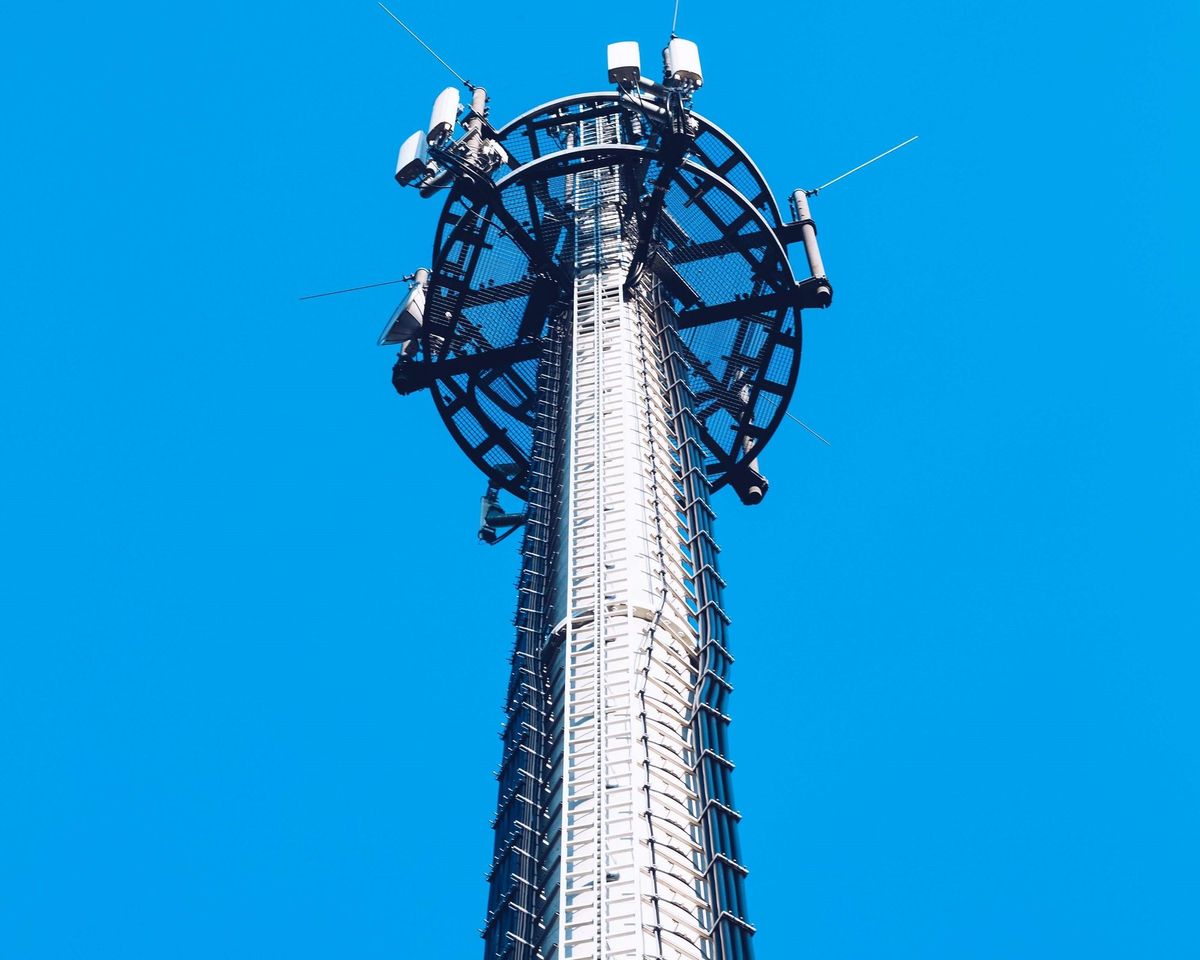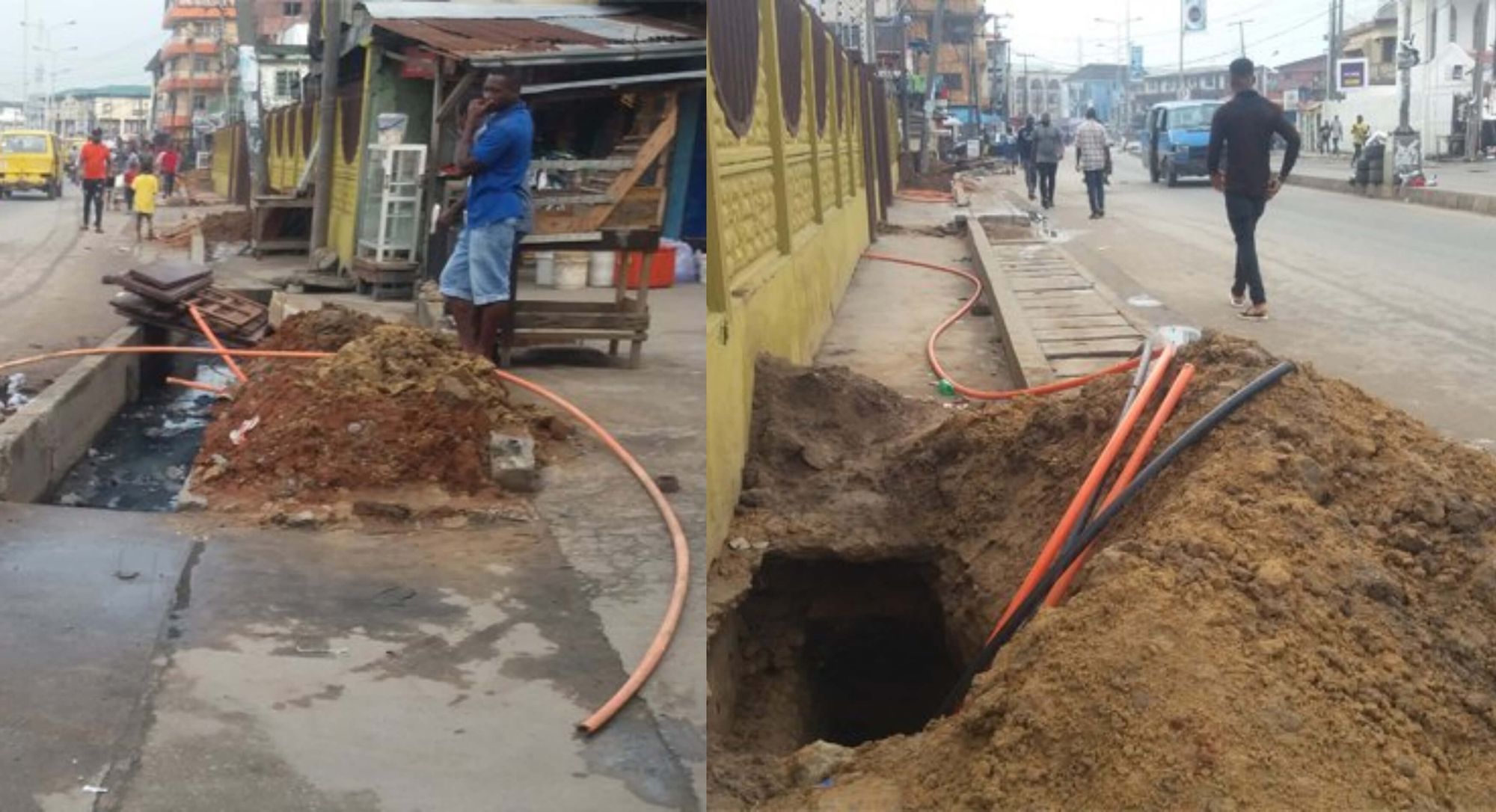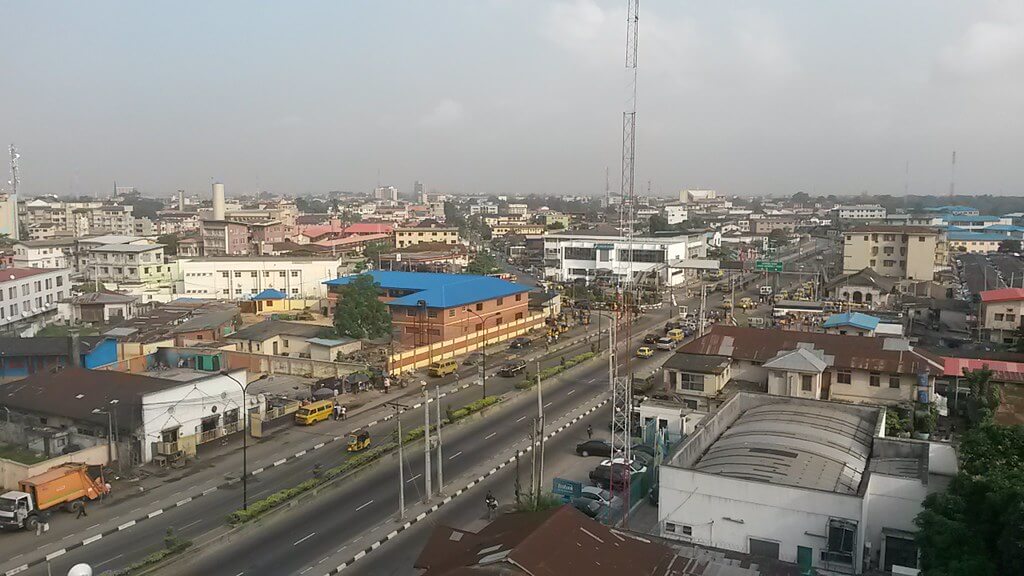Right of Way charges have been baulking broadband penetration
State governors disrespected the harmonization of RoW charges policy. The disregard span the lifetime of the first national broadband plan. What's the way forward?

Across Lagos, the commercial capital of Nigeria, and other federating states roads are trenches dug by telecom companies and internet service providers (ISPs). These trenches, usually dug beside gutters (where they are available), carry fibre optic cables. Before any service provider can dig any cable-carrying-trenches, they must have Right of Way (RoW).
Right of Way has different meanings. In this context, RoW allows network providers to deploy their infrastructure, including mast and fibre optic cables. RoW charges are levies paid by telecom companies and ISPs to federal and state governments agencies for laying optic fibres.

Following a report released by THISDAY, which revealed that 14 states have increased RoW charges by over 1,200%, the Minister of Communications and Digital Economy, Dr Isa Ali Ibrahim, has expressed his displeasure. The 14 states are: Adamawa Anambra, Cross River, Ebonyi, Enugu, Gombe, Imo, Kaduna, Kano, Kebbi, Kogi, Lagos, Ondo and Osun.
"This will no doubt impact negatively on the efforts being made by the Federal Government. It is established that there is a strong correlation between a country's broadband penetration and its gross domestic product (GDP). An ITU [International Telecommunication Union] study on Africa indicates that a 10% broadband penetration would result in 2.5% increase in GDP per capita," the minister said.
We are therefore calling on all state governors, especially those that have made public their decisions to increase RoW charges, to reconsider these decisions in the interest of Nigerians as well as for the socio-economic growth and development of the country.
Old problem, fresh tears
RoW charges is a recurring decimal. One agelong problem that a Presidential Committee on Broadband and a National Economic Council (NEC) resolution could not resolve. The Committee, which was set up in 2013 to design a national broadband plan (NBP), proposed a uniform RoW fee of ₦145 per linear metre. But it was not clear then whether state governments agreed to the recommendation.
Five years later, the Executive Vice Chairman and CEO of the Nigerian Communications Commission (NCC), Professor Umar Garba Danbatta, revealed at a stakeholders' meeting in Abuja that all 36 states and the federal government have agreed to the uniform RoW charges. As a result, telecom operators and ISPs were to pay ₦145 per linear metre to lay their fibre cable anywhere in the country.
Earlier this year, also, Minister of Communications Dr Isa Ali reiterated the announcement Professor Danbatta made in July 2018. He said, at a press briefing: "All the governors had agreed to the harmonisation of RoW charges and efforts are being made to ensure the policy is respected. I have written to all the governors in Nigeria on the need to comply with the National Economic Council (NEC) resolution on the Right of Way (RoW)."
State governors, indeed, disrespected the policy. The disregard for the harmonization of RoW charges span the lifetime of the first national broadband plan, NBP 2013-2018. And the absence of harmonised RoW charges has been identified as one of the reasons why the first national broadband plan failed. Vanguard Newspaper observed in the article that states, namely Abia, Delta, Lagos, Ogun and Rivers, charged arbitrary RoW ranging from ₦1,500 to ₦6,000 per linear metre on state roads, while the federal government charged ₦145 on federal roads.
The Way Forward
Broadband is high-speed internet, including 3G and 4G connections.
According to the World Bank, broadband internet access is a basic necessity for economic and human development in developing countries, such as Nigeria, and developed countries, such as the United Kingdom and the United States of America.
A good example of the impact of broadband internet access is Yaba. In partnership with the Lagos state government, CcHub and Technovision, MainOne—West Africa's connectivity and data centre provider—deployed broadband fibre cable in 2013. The project turned the energetic Lagos suburb into a tech hub—Yabacon Valley. It was the first home of Andela and Flutterwave, and it currently houses Paga, Hotels.ng, CcHub amongst other tech companies.

Last year, MainOne launched a similar but bigger project, tagged Digital Lagos. Through the project, MainOne said it would be providing open-access fiber optic networks across all local government and business districts in the state.
> Related: [Less than 10% of internet users in Nigeria have access to 4G. How many Nigerians will get 5G?](https://www.benjamindada.com/5g-network-nigeria/)There are three ways to resolve the recurring decimal of different RoW charges. A combination of two or all the three recommendations could put an end to the RoW charges hassle.
One is for the NBP committee to address RoW charges in the second NBP 2020-2025 and get buy-in from state governors.
The Minister of Communications and Digital Economy, Dr Isa Ali, has commissioned a 25-member committee to develop another national broadband plan (NBP 2020-2025). The CEO of MainOne, Funke Opeke, is the chair of the committee; Dr Bashir Gwandu, Chairman of Commonwealth ITU Group and former executive commissioner at NCC, is the co-chair; and Ubale Maska, Executive Commissioner of Technical Services at NCC, is the secretary of the committee.
The new NBP committee is expected to come up with a roadmap that will increase Nigeria's broadband penetration from the current 37.8% to at least 65%-70% in the next five years.
"I believe the objective is achievable with sincerity of purpose and hard work," Opeke said. "There is work to be done on fixed infrastructure but the reality is, mobile technologies are also progressing fast to deliver very capable services to people."
We see what is going on with 5G all over the world, so we will address both [fixed infrastruture and mobile technologies] at the Committee but I believe our objective is not to favour one technology over another but to figure out how we can get those critical services to many more Nigerians. So, we’ll be a mix of technologies but the objective is not to favour one technology over another or to be prescriptive but the right technology for the right purpose, the most competitive technology that enables us deliver services to all Nigerians.
Another solution is the recommendation of Olawale Abdusalam Taofiq, Commissioner of Works and Infrastructure in Ondo State—one of the states reportedly charging high RoW. "There would need to be a law that compel states to charge ₦145," the commissioner said at a stakeholders' meeting two years ago.
Without a law compelling them, state governments may not reduce the charges as they are interested in generating more revenue.
The inclination of some states, namely Edo and Ogun, to give free RoW rather than charge low RoW across board makes this option a possible course of action for NCC to ensure harmonize RoW charges.
Lastly, governemnt should reduce cost of infrastructure, including RoW charges and fixed infrastructure. According to a report released by the Broadband for All Working Group, achieving universal, affordable and good quality internet access by 2030 in Africa will require an investment of $100 billion (₦36.2 trillion). By implication, each of the 54 countries in Africa, would have to cough up about $1.9 billion (₦688.7 billion).
Nearly 80% of all required investment are directly related to need to roll out and maintain broadband networks, the report noted, adding that while private sector has driven most successful broadband initiatives, public agencies play a crucial role by implementing effective sector regulation, addressing potential market failures, and creating the conditions for an open, competitive broadband sector.
In the meantime, Nigerian government has secured an investment vehicle of about $732 million (₦265.3 million) to achieve its broadband objective, notably the deployment of additional 30,000 km of fibre by 2025. The bulk of the investment will be provided by the private sector, while the government will provide 25% of the investment.






